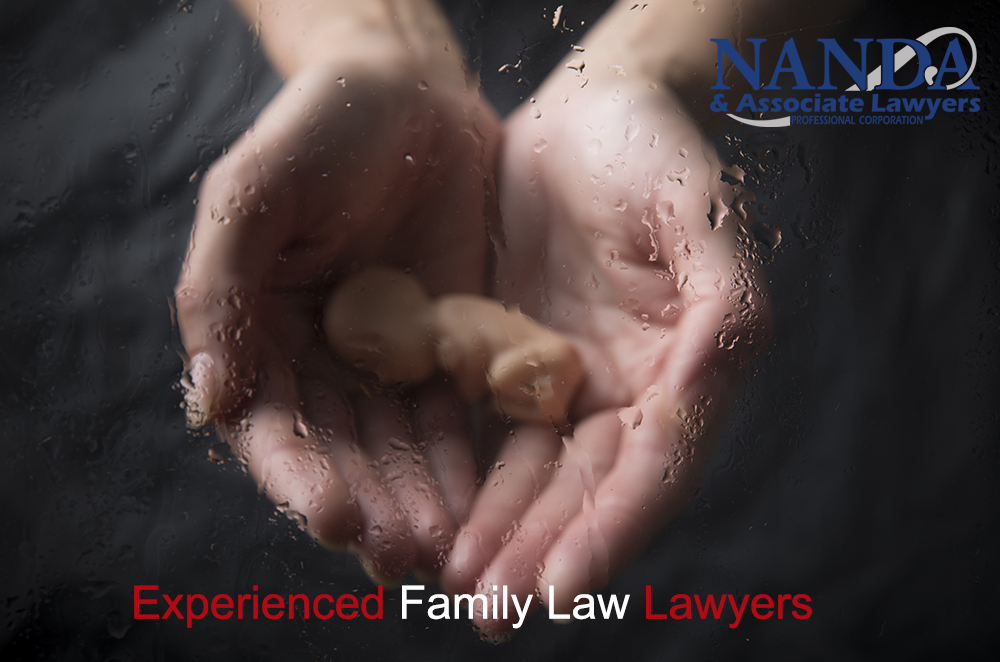In a precedent-setting case, an ex-wife has been allowed to be implanted with a frozen embryo which was purchased by the now-divorced couple.
An Ontario Court ruled in S.H. Vs D.H. that the ownership of the embryo was decided from the clauses in the contract which the ex-couple signed. In the pursuit of fertility, the ex-couple got the embryo which was created from donated eggs and sperm and resulted in a son.
Superior Court Justice Robert Del Frate said that no law decides on the disposition of the embryo when none of the parties has a biological connection to it. Buyer’s remorse is not applicable in such a circumstance.
Case Facts
The couple mentioned above identified as D.H. and S.H., who got married in 2019.
They purchased donated sperm and eggs from an American facility for US$11,500. Four embryos resulted from the process from which two viable ones were sent to a Mississauga fertility clinic. One was successfully implanted in D.H, and the other remained frozen in storage.
The son was born in December 2012, nearly the same time the couple split up. It resulted in a dispute over the embryo in an acrimonious divorce.
D.H requested the courts to award her the stored embryo stating that the contract contained a clause which stated that the patient’s wishes would be respected in the event of a divorce. She further stated that she is the ‘patient’ in the contract and her wishes should be respected as the stored embryo was the only source connecting her son to his biological family. She also agreed never to seek child support from her ex in the future.
S.H., the ex-husband claimed ownership stating he paid for the embryos and wanted them donated as they were his property, as per the contract signed with the Canadian clinic and Georgia Facility. He further argued that as per submitted documents, his ex is barely employed and would not be able to support their son and the future child born of the embryo.
The Judge stated that the embryos were joint property as per the terms of the contract and belonged to both the parties. He further considered the intentions of the parties when deciding on the ownership. Del Frate ruled out the financial status and income flow of D.H. and the best interests of the son by stating that she had the right to make personal decisions without making any reference to her financial status. The legal implications of having a sibling were also ruled out as a determinant by the judge.
The judge ruled that the contract and the parties’ intentions were major determinants for the court to make any decision. He ruled that the frozen embryo would be awarded to the ex-wife and awarded S.H. US$1438 for his half share. The value of each embryo was decided to be worth US$2875 based on the purchase price.
Even though Canadian law prohibits buying and selling of embryos, the legal conflict in the case was not raised. It also led to speculation as to what would happen in a circumstance where parties are genetically connected to the embryos. Would they still be treated as the property of parties? Well, this is something which we need to wait and watch.
How We Can Help
At Nanda & Associate Lawyers, our knowledgeable Family Law lawyers take the time to understand your specific circumstances and provide tailored and customized solutions. Many legal complexities exist in navigating cohabitation agreements, and an experienced Family Law lawyer can help you to navigate better.
Our Mississauga Family Law Lawyers are available for a no-obligation free consultation. Come and experience our quality legal counsel and personalized care we provide to each of our clients. We ensure prompt communication and a caring approach to get the best outcomes for you and your family.






